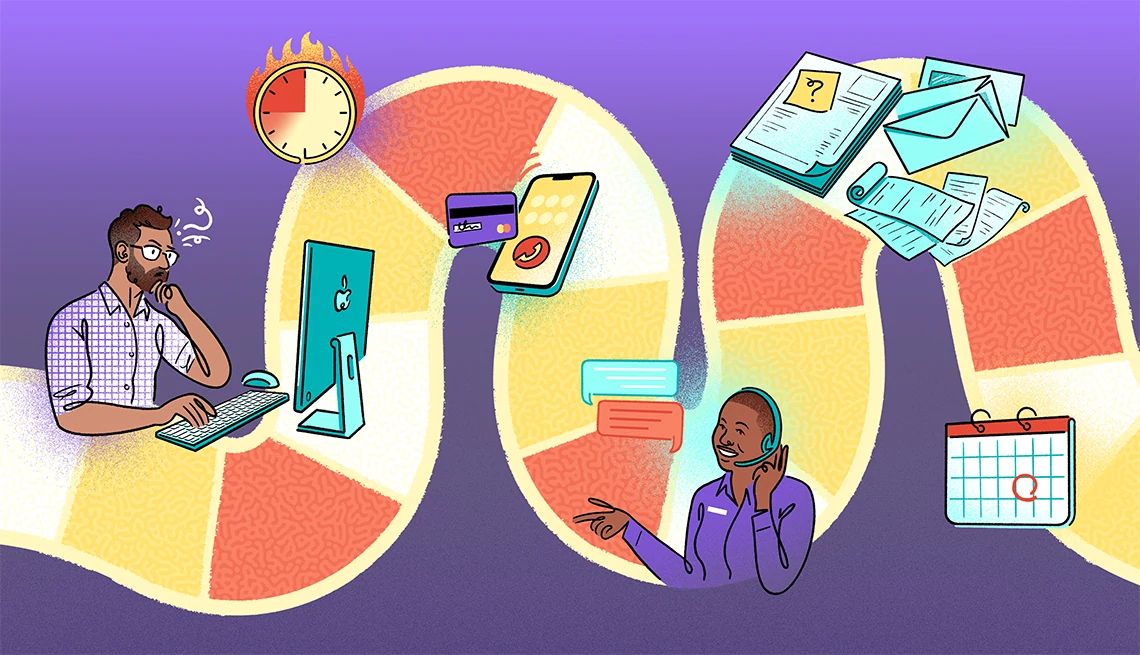AARP Hearing Center


One of the best reasons to pay with a credit card is that you get a built-in safety net: If something goes wrong, you can dispute the bill and get the transaction reversed.
You might ask for such a cancellation, known as a charge-back, to correct a double charge or other billing error. Or maybe that product you bought online never showed up or turned out to be a counterfeit. Maybe you never made a purchase in the first place.
Subscriptions are one of the fastest-growing charge-back categories, according to Ranjita Iyer, senior vice president, cyber and intelligence, at Mastercard. Consumers have so many of them, she says, that they may forget they signed up. Or they may have trouble canceling them.
Charge-backs can be tricky. Because increasing numbers of consumers are filing fraudulent disputes, many merchants are trying to put the brakes on these cancellations. So it’s important to play by the rules, or you might get turned down.
What’s worse, even if you win, you could end up losing. Consumers who have successfully disputed charges have in some cases been banned by Uber and other merchants, according to the Elliott Report, a consumer advocacy site. Companies may limit charge-backs to one per customer and maintain “merchant deny lists” that are shared with other sellers, according to Signifyd, one of many firms that have popped up to assist companies in fighting charge-backs.
Here are six do’s and don’ts to help you win disputes and minimize hassles.
1. Don’t delay.
You may have just 60 days from the time you receive your credit card bill to dispute a charge. So keep close tabs on your statements and check carefully for suspicious transactions. Signing up for purchase alerts can help.
2. Do double-check.
If you don’t recognize a charge, take the time to review the details. Check your calendar to see where you were that day, call the toll-free number that may be listed with the charge or do an internet search for the named merchant. (That’s how my editor learned that a baffling charge from “TWPSUB” was his washingtonpost.com subscription.) When you dispute a charge that turns out to be legitimate, it’s called “friendly fraud,” and too many false alarms could result in your credit card being terminated, says Mastercard’s Iyer.






























































More From AARP
How To Ruin Your Credit Score
Want good credit? Don't do this
Rule to Limit Most Credit Card Late Fees
A new rule adopted by the CFPB would most cap late fees at $8
25 Great Ways to Save on Your Next Vacation
Travel industry pros share tips to help you keep costs down, without skimping on funRecommended for You